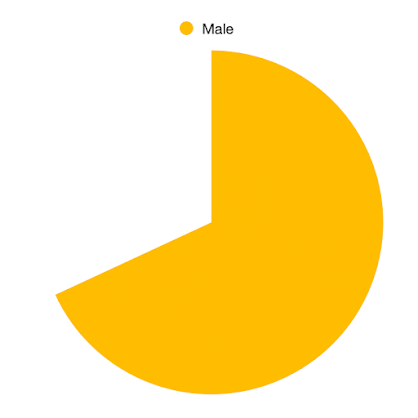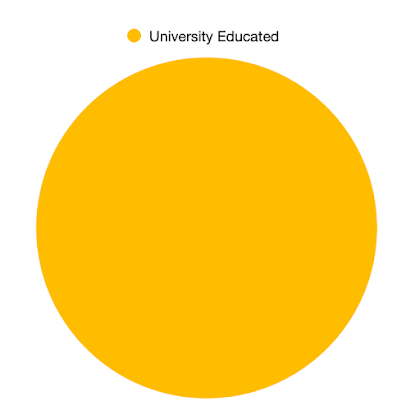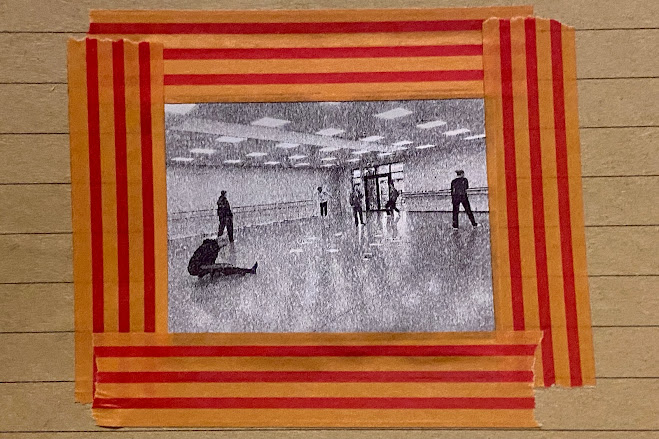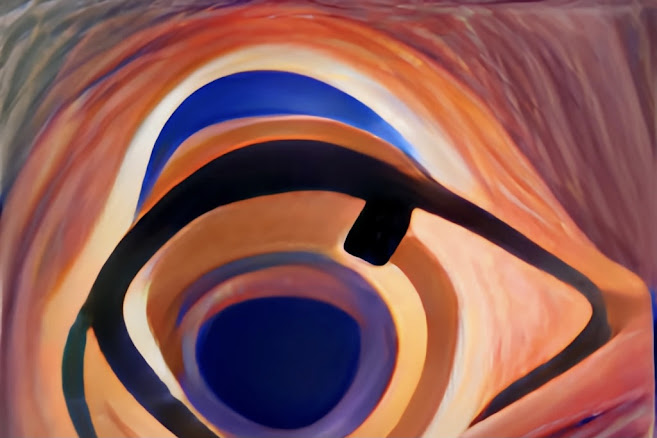15. a few good men
After discussing communicating your ideas, I was thinking a lot about why I write and who I write for. I was excited to hear about challenging the system - I also think I’m doing that, alongside trusting that practice as research does that - right?
In my essays I began to explore experimenting with form and convention - and I feel I came to somewhere really interesting. Not just breaking form for the sake of the challenge, but discovering the form that is most reflective of myself - or even just approaching the form as equal to the other forms within my practice (teaching, making, performing, discussing, being etc).
However, I come back to the idea of hypocrisy, and I wanted to sit down now that I have five pieces of writing and see what they really have become.
I worked with an amazing producer in London called Ashleigh Bowmott, who was also experienced in dramaturgy - one of my favourite things they did was give very factual notes after we would do a run of the performance, this might involve sharing observations such as:
- there are more male performers with monologues than the other cast members
- two thirds of the more emotional scenes have been given to white performers
It maybe seems a little direct but it was so useful to look objectively at what we had made, what values were being unconsciously perpetuated by our work. In some training on self-dramaturgy I was involved in, Lou Cope gave an exercise in graphing out your work, which gave a similar chance to see elements of your work objectively.
I’ve worked a lot with The Pappy Show Physical Theatre, and have spoken many times with director Kane Husbands about the inevitability of the body on stage being political. I guess I’ve maybe forgotten that especially if I should want to find my practice within my writing I should apply this same principle - the words on paper as political and maybe more importantly where those words and ideas come from.
So I’ve done some retrospective self-dramaturgy on my essays and it’s actually made me very sad, but I guess that’s very important. I feel let down, when I look at my work like this I can see so clearly that it is not my practice - my practice is not interested in giving more space to the white male privileged voice - especially when that results in giving less space to marginalised voices. So I’ve caught myself a bit too late, I think I’d forgotten that just because I might never come into contact with an image of the authors whose work I am reciting, it’s not necessarily an excuse to not seek out information on who these people are.
Across the five pieces of writing I have submitted so far for the masters I have cited the work of 57 authors and artists. Here is a very (!) rough breakdown of who these people are:
note one - this information was quite difficult to accurately obtain, I often had to take the gender of authors, for instance, from pronouns used by others in reference - I could imagine that the majority of these pronouns were assumptions based on name. so it’s a flawed system - but I still think it’s very useful.
note two - is it a surprise that authors cited in an academic essay went to university? maybe not. but this was the closest I could come to understanding the backgrounds of each author. I have used a number of sources which aren’t scholarship - so I think that 54/58 of the authors having a formal university education is still slightly concerning.
note three - there is lots of information I would have loved to include that just wasn’t possible to find - and I’m not even really satisfied with the reliability of the above visuals. however, even with authors who were writing about neurodiversity, it was often not easy to see if they identified as neurodiverse. that’s not to say people should have to share this information publicly - it’s none of my business really. but I would have loved to be able to get an idea of the number of authors with disabilities, raised in western countries, grew up in a religious family etc etc etc
note four - I was shocked that even the authors writing queer literature did not have their pronouns on their websites, and then (very hypocritically) I realised I didn’t have mine on my website. so I’ve changed that now! are your pronouns available on your website or social media? if you feel comfortable maybe they should be?
note five - academia is a misogynistic field with huge systems of privilege that will take a long time to destabilise - so i’m not beating myself up too harshly. that being said I think the reason my sources are lacking in any diversity is really just owing to an oversight on my behalf. often I think it just feels so great to find something that resonates I don’t read further around the topic to see if someone else is also on the same page. I think if I would then come back to that first author because it was just closer to my thoughts it would be slightly different. however that being said it’s part of a bigger conversation around ticking boxes, I feel mad when people condone woke culture, I honestly just feel like when the world is falling apart and full of so much hatred that if I have to sometimes go out of my way to ‘tick boxes' or be inclusive it’s really not a bad thing.
To put my mind at ease I looked at the DAN4510 reading list, to see how these authors would compare...
Of the 47 authors:
So maybe we're all doing it - but I don't know if that makes it okay.
List of authors and artists discussed in my writing: Mojisola Adebayo, Sara Ahmed, Janet Alder, Stephen Andrade, Philip Auslander, Barbara Bassot, Aurelia Bergs, Terry Borton, David Boud, Robert F Bruner, Tyler Burge, Jonathon Burrows, Guy Glaxton, Jonah Coman, Peter Cressey, Daryl Davis, John Dewey, Peter Docherty, Neil D Fleming, William Forsythe, Ken Franckling, Lara Furniss, Alison de Lima Greene, Stanley Gryskiewicz, Arlo Guthrie, Anne Helsdingen, René Van Hezewijk, William James, Janusz Korczak, Rav Lahkhani, Daniel Linehan, Richard Lourie, Josephine Machon, Tracy Macknenna, Colleen Mills, Katie Mitchell, Kyoko Murakami, _Nawal, George Newman, Marcos A Norris, Georgina Pellant, David N Perkins, Rolf Pfeifer, Yvonne Rainer, Matthew Rawcliffe, Gavriel Salomon, Christian Scheier, Donald Schön, Inge Van Seggelen, Susan Sontag, Shannon Stewart, David Skidmore, Sylvester Tyler, Maria Ulriksson, Jason Warren, Andrew Welch and Iwan Wopereis.
A Few Good Men - Vampire Diaries, Season 1, Episode 15










A really interesting observation here Matthew. And one that I have struggled with too! It's tough when navigating all of these ideas, as the status quo we are trying to address is exactly what we live within to this day. So when reflecting and looking back at concepts and frameworks that exist academically, we unfortunately have to search within this male, white, university educated field. I guess for me the very fact that we are discussing it is an important component of actioning change.
ReplyDeleteI am acutely aware of the unearned privilege of being a man I have been given because of the patriarchal societies that the world has been governed with, but the need to interrogate our long overdue responsibilities within the inequitable frameworks that still exist should be at the forefront of our present and future. We cannot change the past, but we absolutely can use it as our learning for what to do, or more importantly what not to do for our future. I don't claim to have any answers within this but by challenging the status quo and responding to the question of what our responsibilities are in the search for gender equality, we can affect change for our peers, our audiences and our students in identifying paths to being allies for the future. Thanks for sharing!
Yes yes yes to this! Thank you Alan. It’s difficult to navigate - I think it’s just be good to be aware of what version of history we look towards, that’s what I want to also give more time to any way. I’m reading a lot around immersive theatre and there’s a great article ‘Decolonising Immersion’ (Mitra, 2016) which looks to Ancient Indian concepts to understand immersion. I think not falling into the trap of assuming that the idea we’re presenting is originated in western academia is maybe a way of changing the past? somehow?
DeleteOh my gosh- thank you. I so appreciate this. I am going to look at this in my essays and get back to you. Thank you for this nudge.
ReplyDeleteGlad it was useful Cael! Yes please let me know if you see different patterns x
Delete